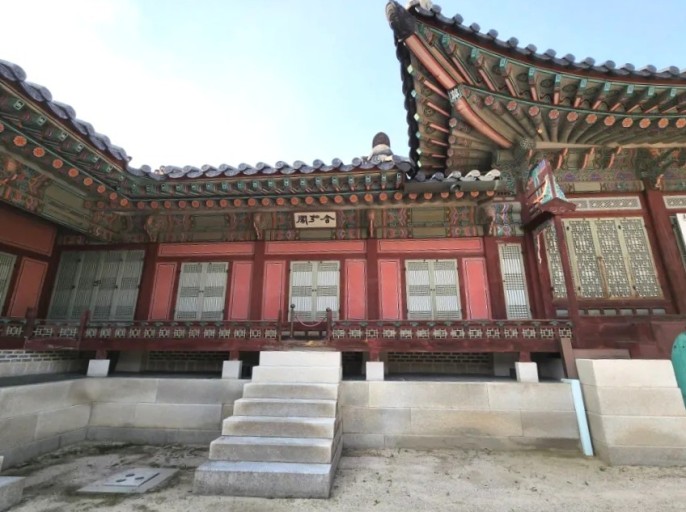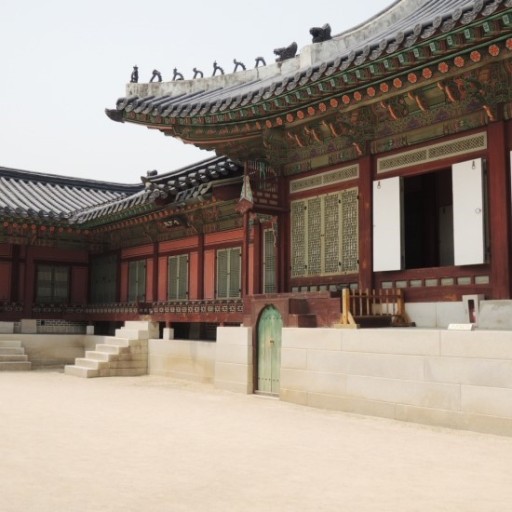Gyeongbokgung Palace is more than a symbol of royal power; it reflects the profound influence of Confucianism, which deeply shaped Korean society during the Joseon Dynasty. Confucian values, emphasizing hierarchy, respect, and order, permeated the design, functions, and daily routines within the palace.

1. Confucian Principles in Palace Layout
- Gyeongbokgung’s layout follows strict Confucian principles. The spatial arrangement of the palace buildings, such as the King’s quarters (Geunjeongjeon) and the Queen’s quarters (Gyotaejeon), aligns with hierarchical order, a key Confucian value. Buildings are placed based on status, with the most prestigious structures located centrally and others positioned to reflect social rank.
| Palace Building | Purpose | Symbolism in Confucianism |
|---|---|---|
| Geunjeongjeon (Throne Hall) | The King’s official hall | Symbol of supreme power and authority |
| Gyotaejeon (Queen’s Quarters) | Residence of the Queen | Emphasizes the Queen’s vital role |
| Sajeongjeon (Council Hall) | Meeting place for ministers | Represents decision-making and governance |
2. Daily Routines and Royal Protocols
- The daily lives of the royal family and court officials were governed by Confucian protocols. Rituals marked each day, with morning meetings held to review state matters and evening ceremonies reinforcing royal virtues. All members of the palace, from the King to the servants, observed specific roles, creating a structured community where each person’s duties reflected their place in the social hierarchy.

3. Confucian Festivals and Ceremonies
- Seasonal ceremonies at Gyeongbokgung often centered around Confucian ideals, celebrating loyalty, family ties, and moral integrity. Festivals such as the Jongmyo Jerye (royal ancestral rites) were not only royal ceremonies but also public affirmations of Confucian loyalty and filial piety.
The Confucian influence on Gyeongbokgung’s layout and protocols created a space where the values of the time could be physically embodied, leaving a lasting legacy that visitors can experience and appreciate today.